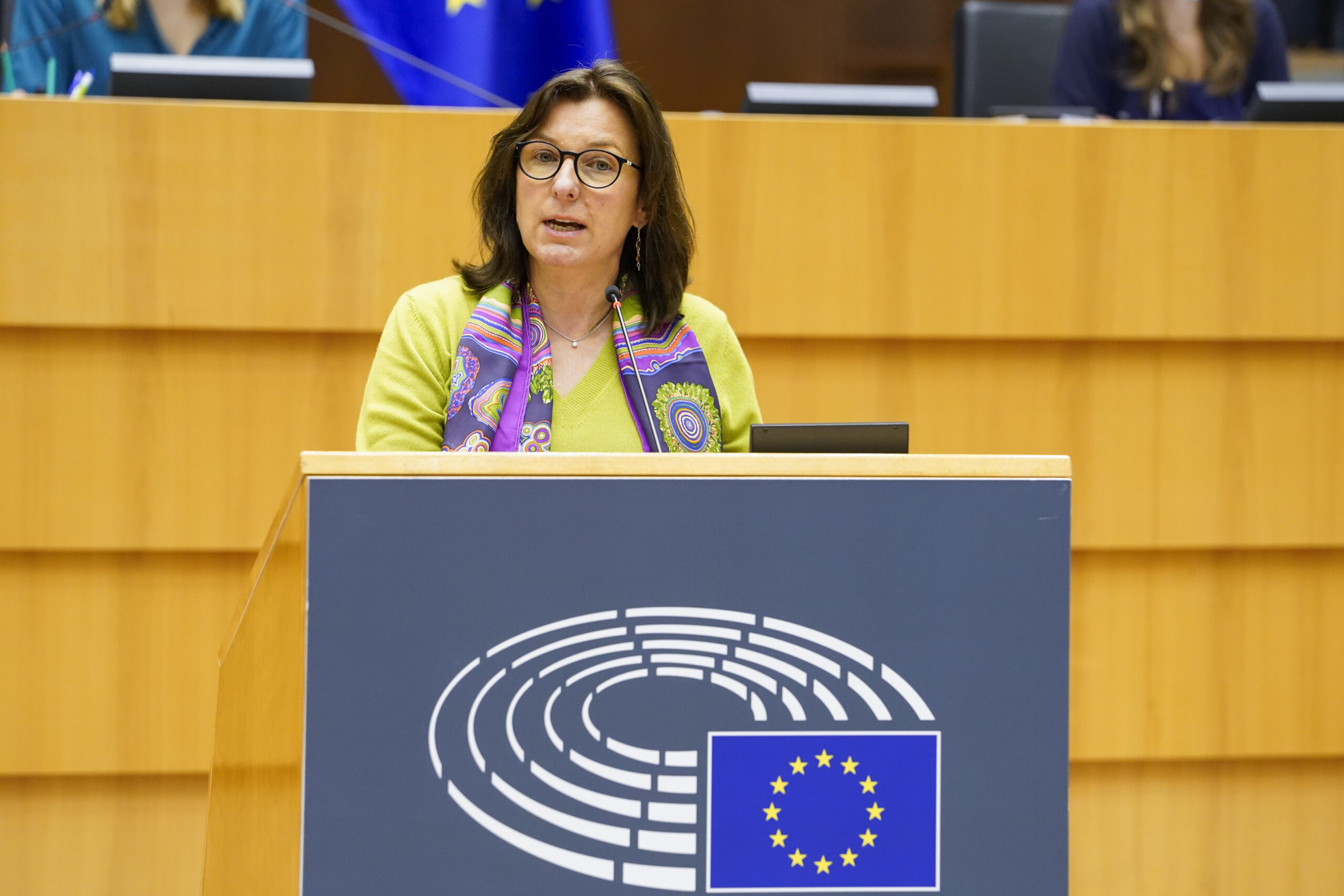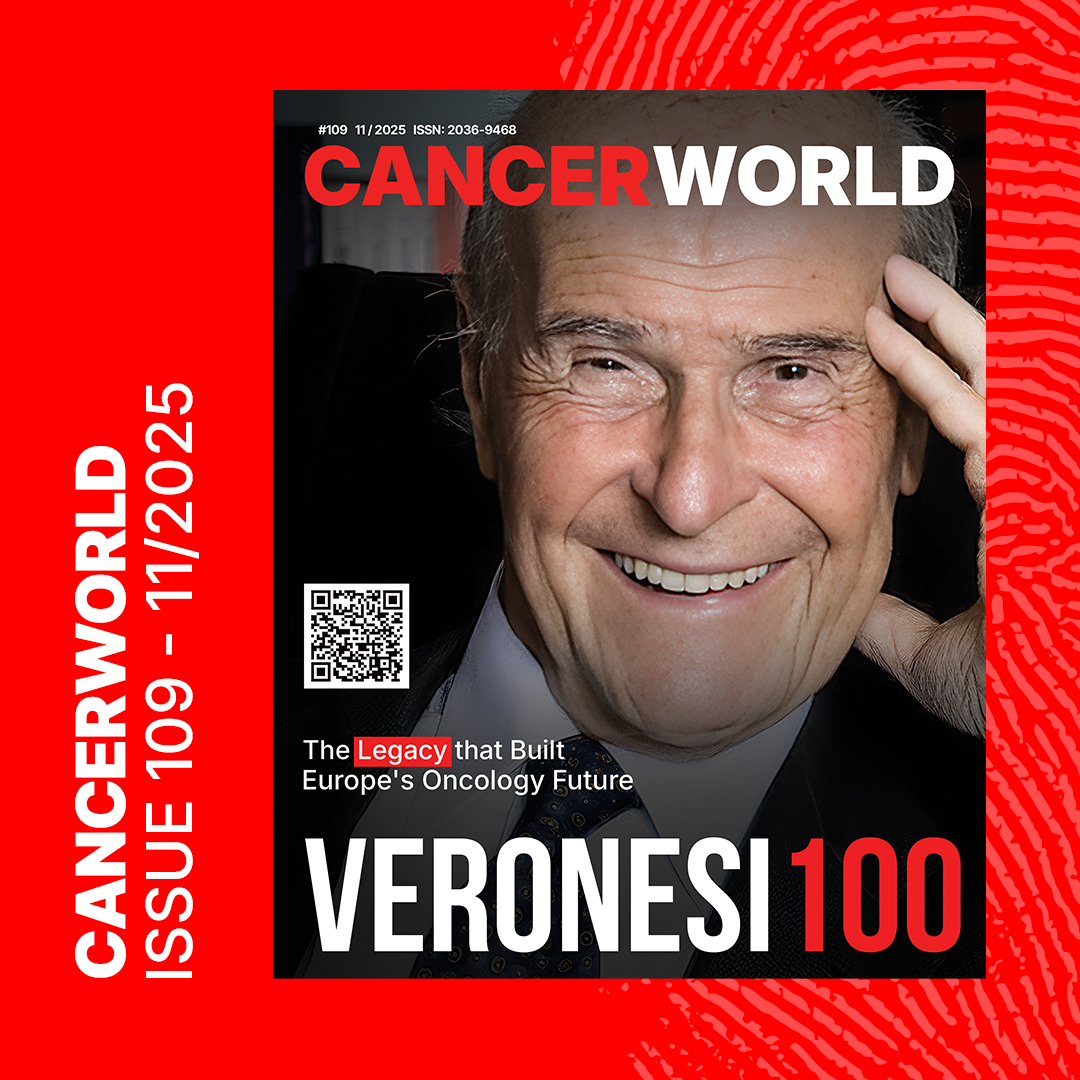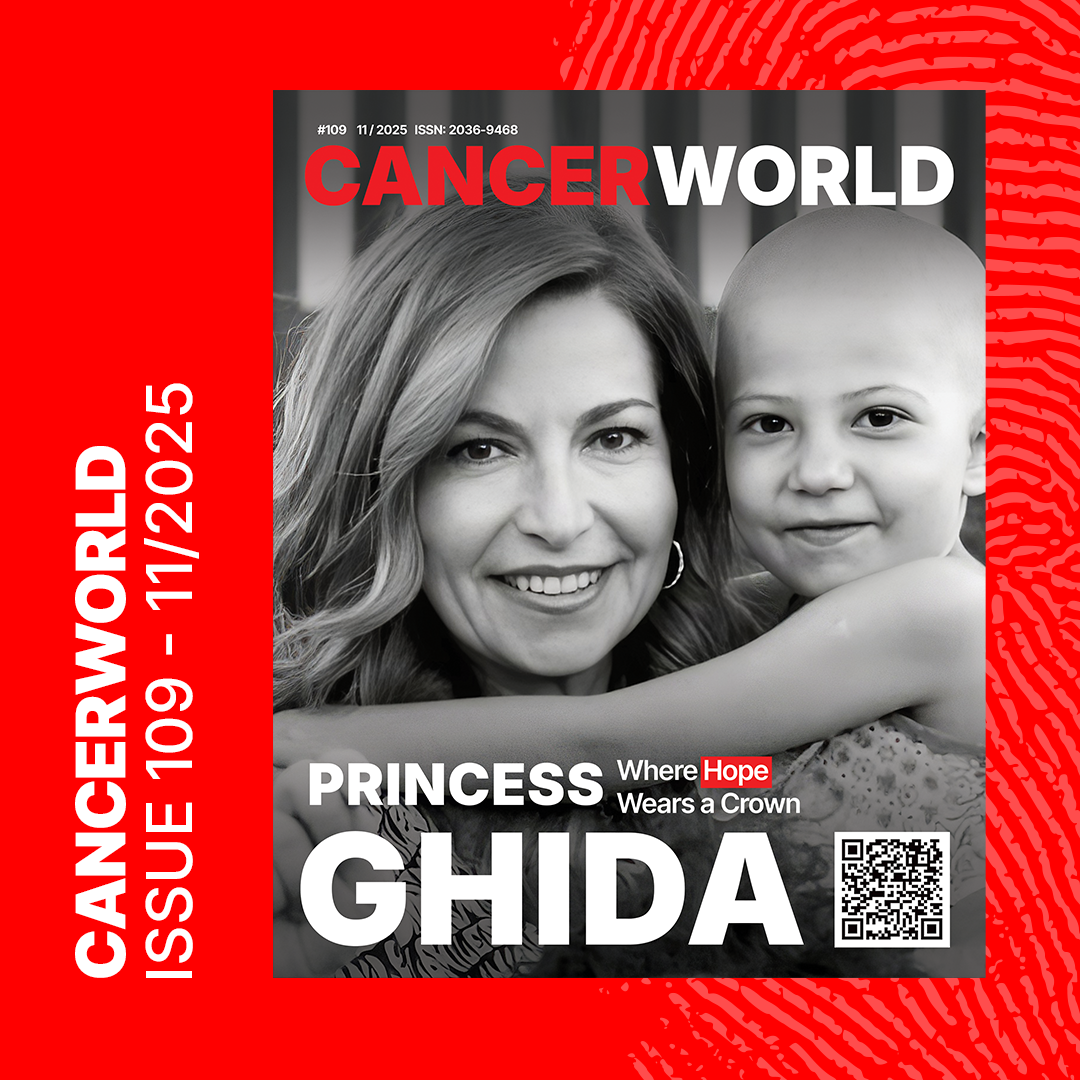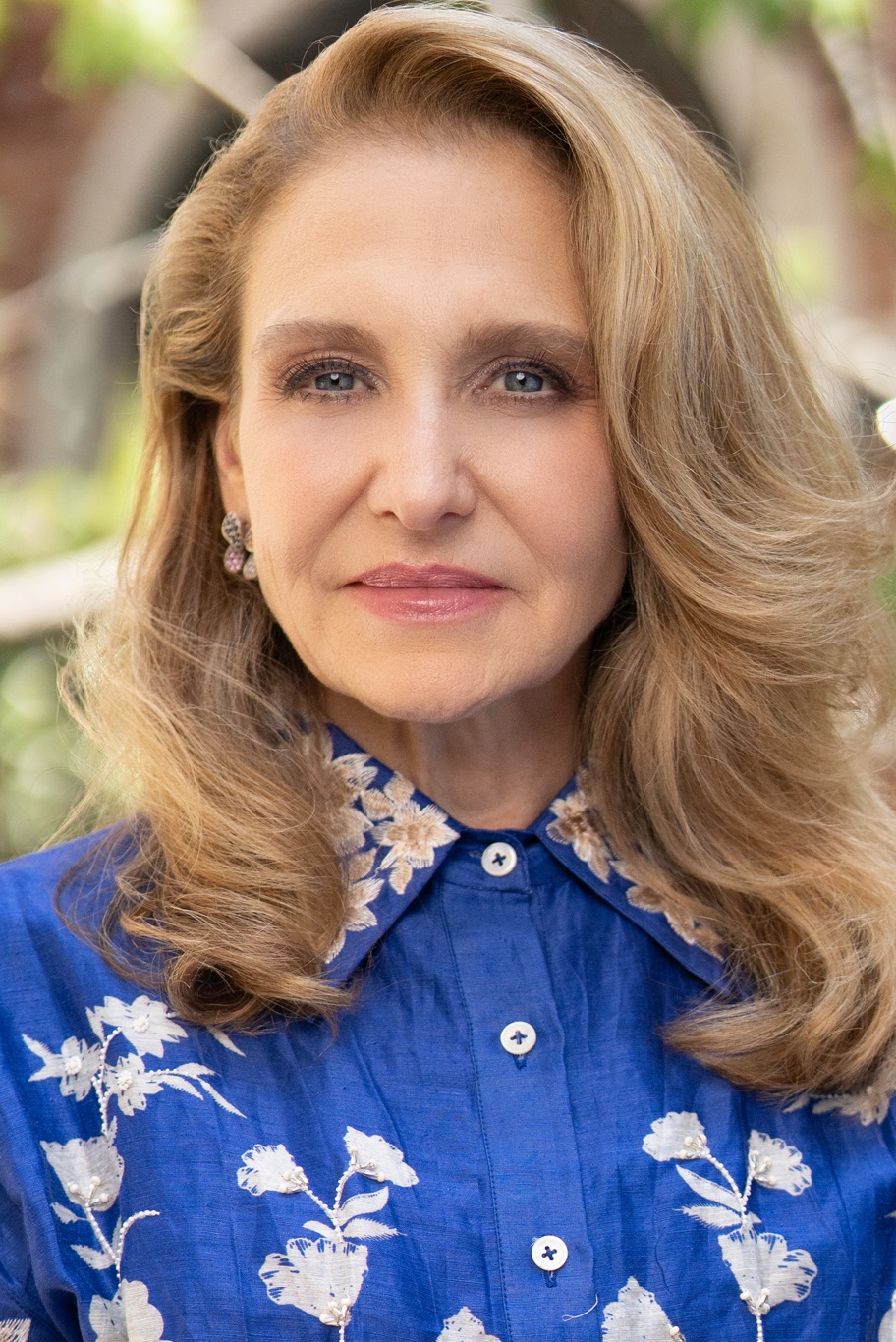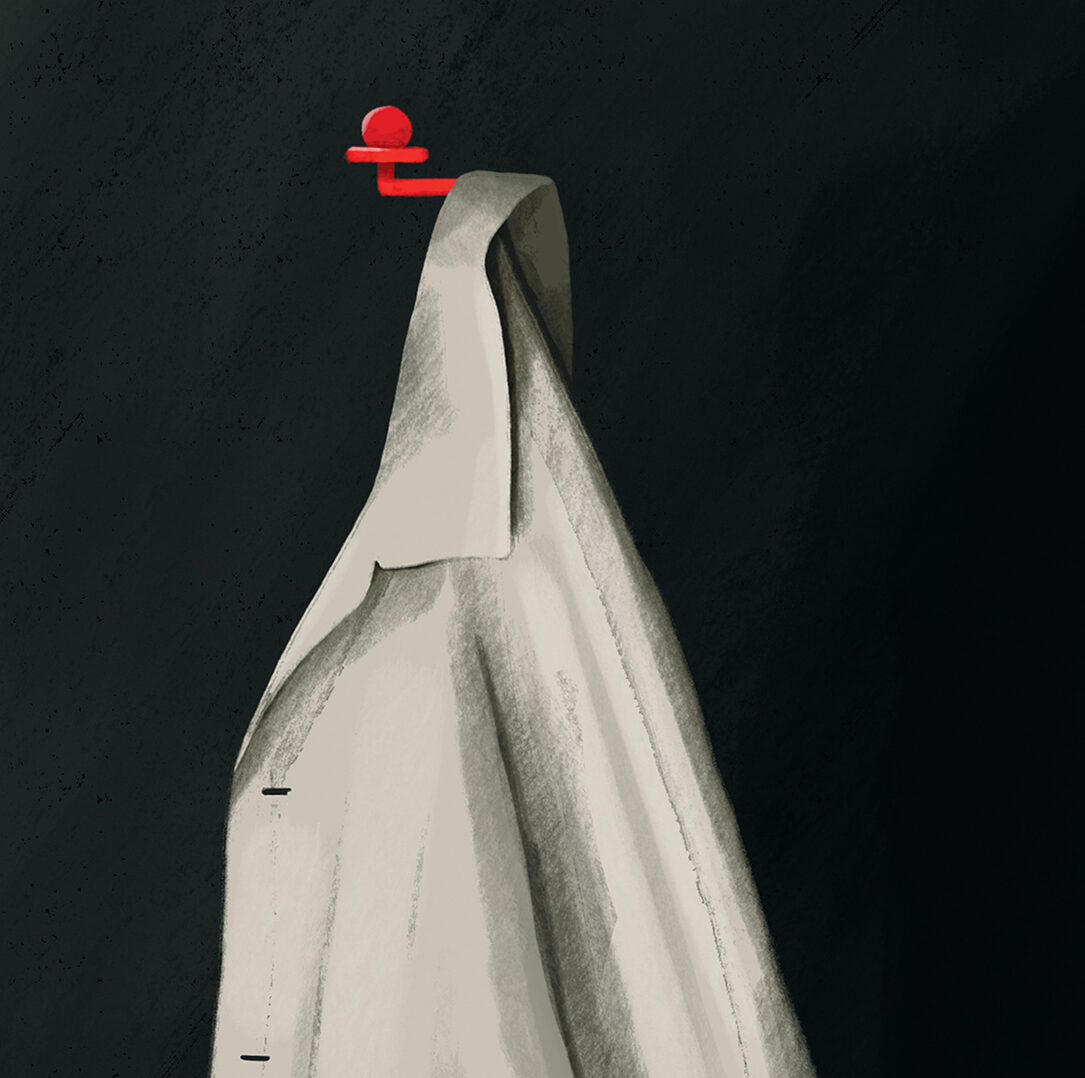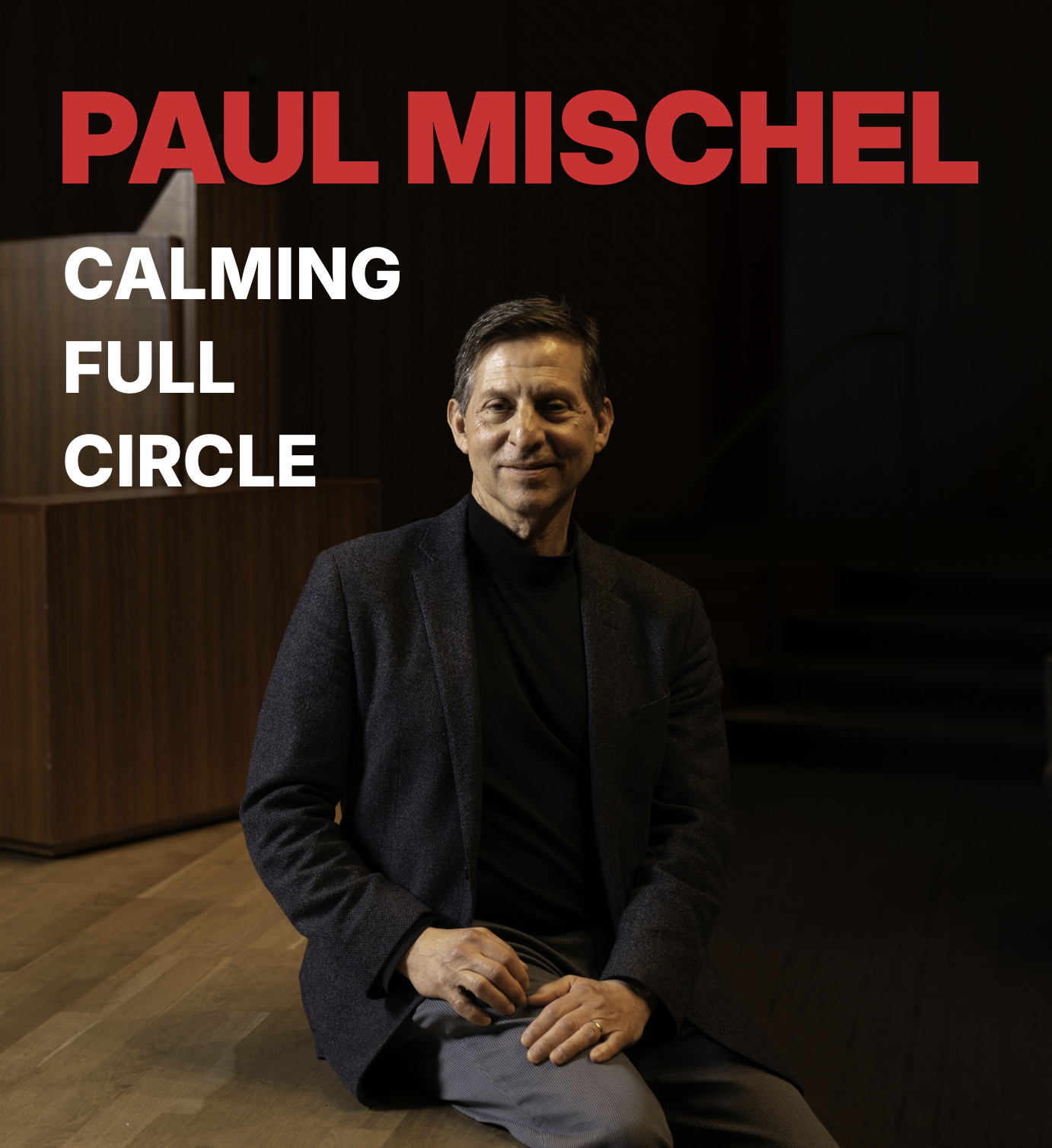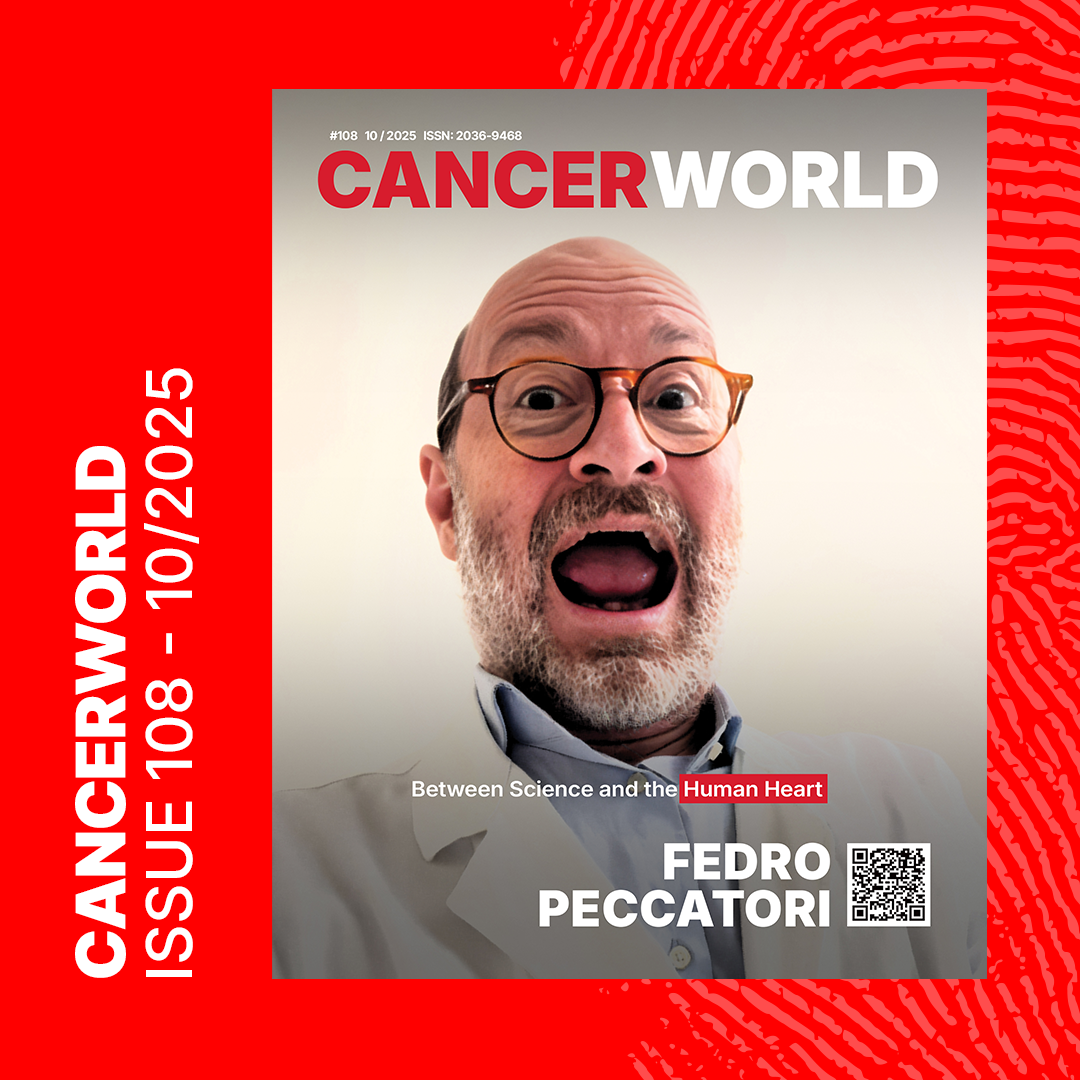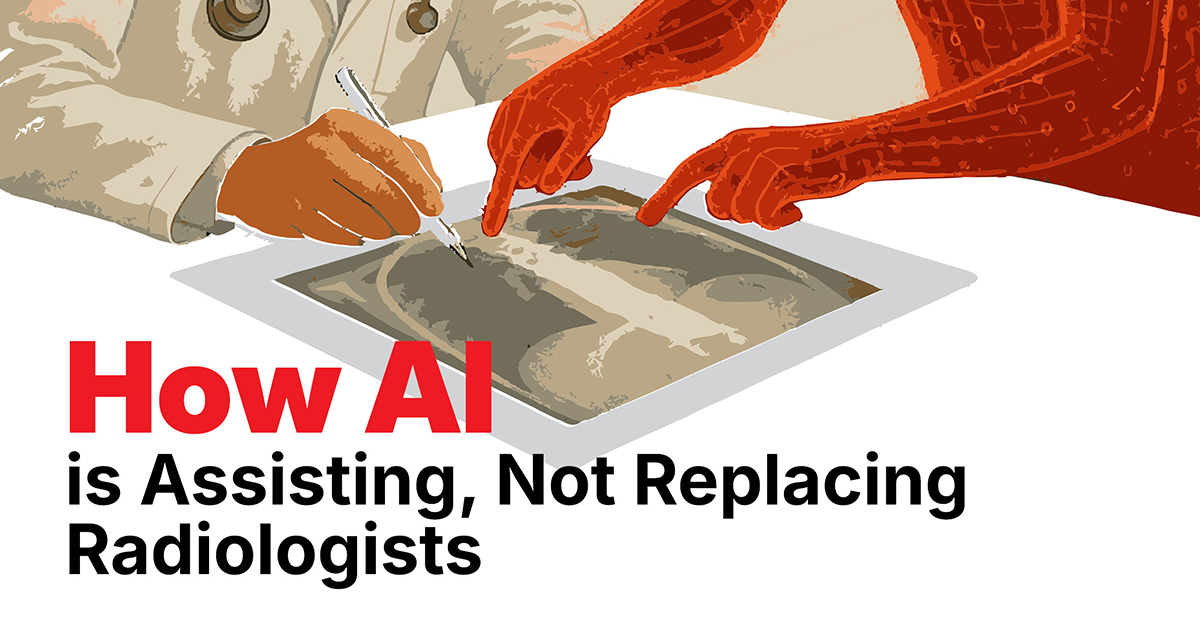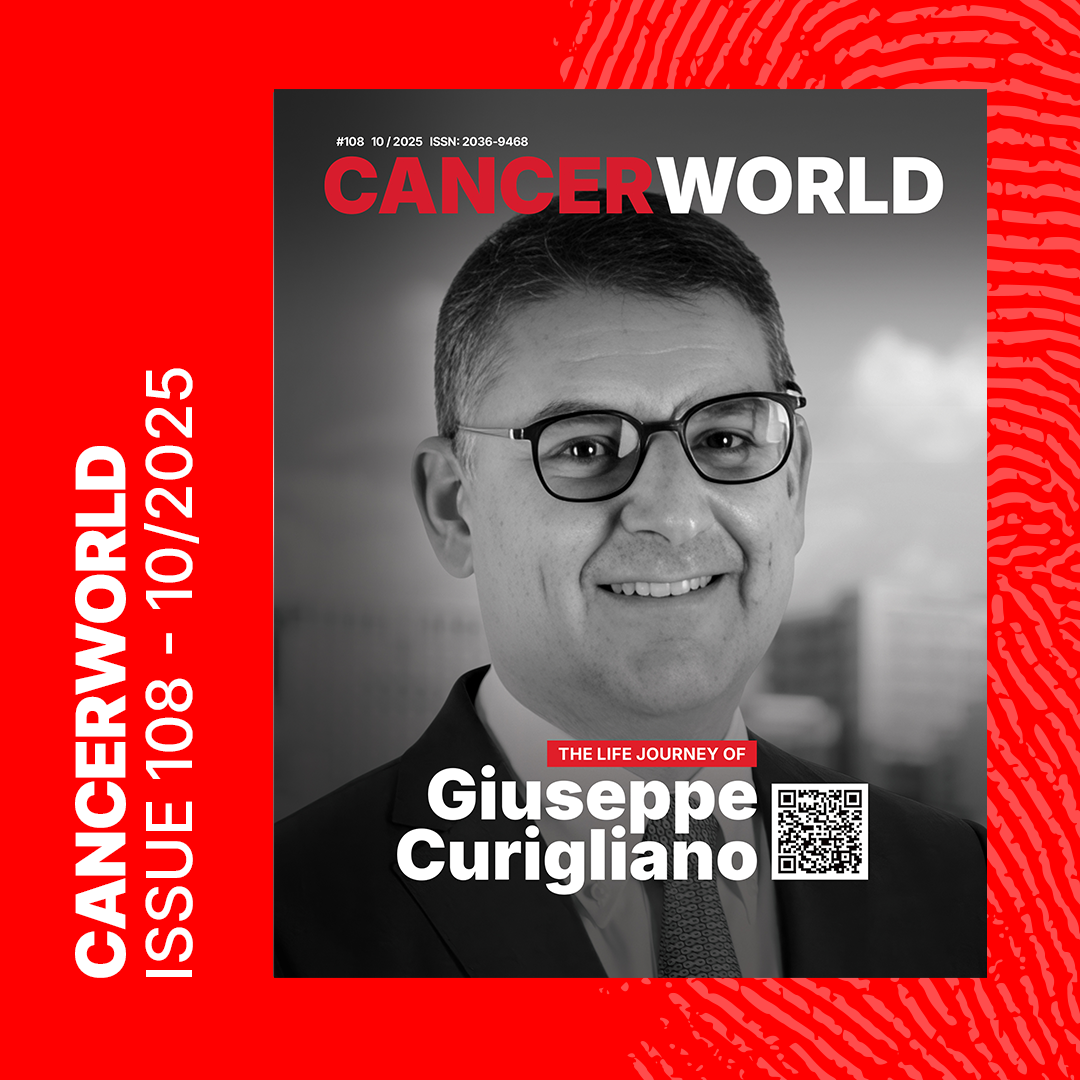Articles
Prevent, Treat, Support: An Interview with MEP Tilly Metz
Since joining the European Parliament in 2018, Tilly Metz has emerged as one of the most prominent voices in European health and cancer policy. Representing Luxembourg for the Greens/EFA group, she has played a central role in advancing the EU’s…
Umberto Veronesi and the European School Of Oncology
The idea of creating a "European School of Oncology" came to Umberto Veronesi in the mid-1970s, when the Americans announced the effective implementation of the strategic plan against cancer signed by President Nixon in 1973, the National Cancer Act. He…
Princess Ghida: Where Hope Wears a Crown
Her Royal Highness Princess Ghida Talal of Jordan is widely recognized as one of the Arab world’s leading voices in the fight for equitable cancer care and health justice. Born in Lebanon and shaped by the resilience forged during her…
Felicia Marie Knaul: A Researcher Shaped by Experience
Hello, Dr. Knaul, it’s a great honor to… “Please, call me Felicia,” she interrupted immediately, her warmth cutting through the formality. Felicia Marie Knaul is one of the world’s most influential voices in cancer care advocacy, a leader who doesn’t…
Does Uncertainty Inherently Cause Burnout Among Oncology Care Providers?
Oncology is both one of the most inspiring and one of the most demanding fields in medicine. Unlike other specialties, the emotional and professional boundaries in oncology are often blurred. Many of us feel that our lives are devoted to…
A Place to Sleep, A Chance to Heal: How Hostels and Transport Help Children Beat Cancer in Africa
For parents of children battling cancer, finding a place to stay that is both affordable and close to the hospital is not just a convenience; it can mean the difference between life and death. Without accommodation, families are often forced…
Paul Mischel: Calming Full Circle
It was an interview during which I simply couldn’t stop smiling, amazed by the brilliance of Prof. Paul Mischel, yet he speaks about his discoveries with such ease, clarity, and enthusiasm that you can’t help but be carried along. Here…
Fedro Peccatori Between Science and the Human Heart
When I first connected with Professor Fedro Peccatori, the line between us was anything but fixed: he was calling from a moving train between Padova to Milan, between obligations. Yet the instability of the connection seemed fitting. His entire career…
How AI is Assisting, Not Replacing Radiologists
Nine years ago, one of the leading artificial intelligence scientists, Geoffrey Hinton, made a startling prediction: “We should stop training radiologists now.” He believed that within five years, machines would outperform humans at reading medical images. Nearly a decade later,…
The Life Journey of Giuseppe Curigliano: From Becoming an Expert to Making Experts
From Rome to Milan to ESMO’s presidency — a story of science, courage, and mentorship. I am in Yerevan. Giuseppe Curigliano is in Milan, just back from Asia. “JSMO, CSCO, Korea, Japan, China…” he sighs, then laughs. “Too much travel?”…

